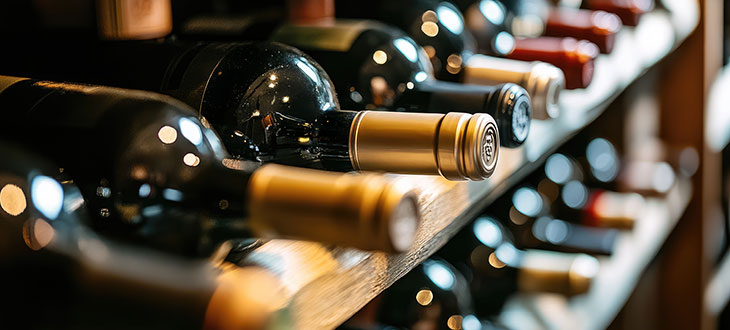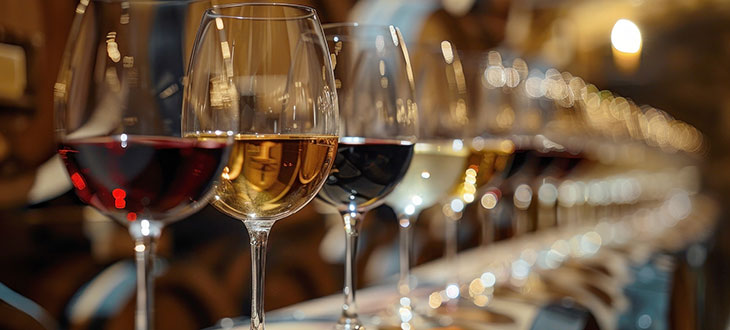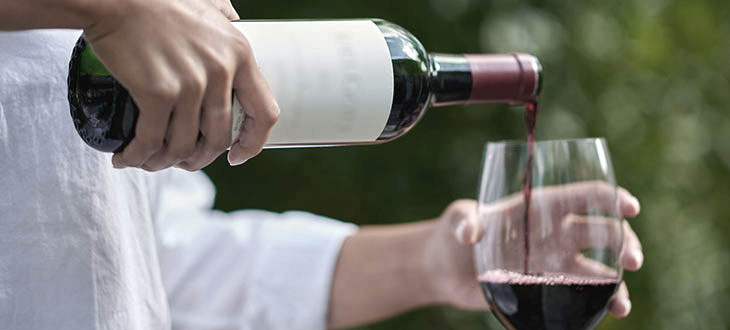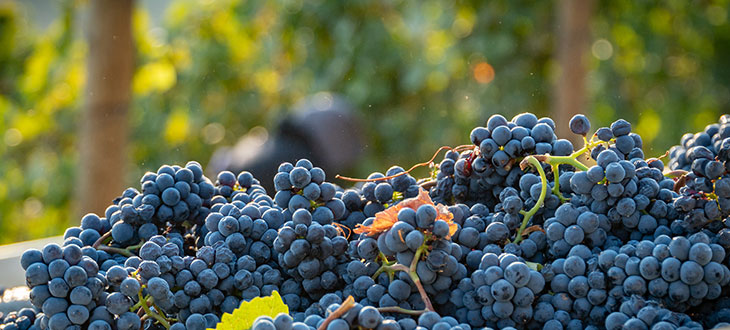The brainchild of famed winemaker Peter Sisseck and owned by the Fonseca family, Quinta Sardonia is located just outside of the DO Ribera del Duero along the “Golden Mile” of Spain’s Duero River. Located in the region of Castilla y Leon, this 460-mile valley spans from the Spanish highlands to the coast of Portugal and is recognized for producing some of Spain’s highest scoring wines.
Quinta Sardonia
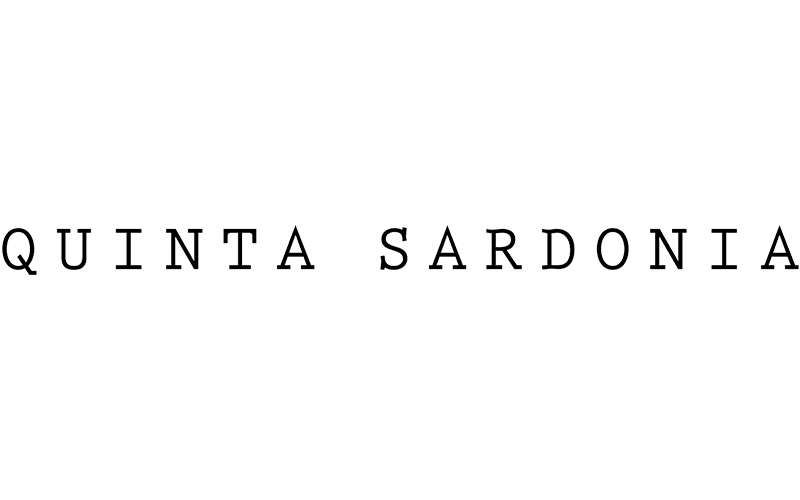
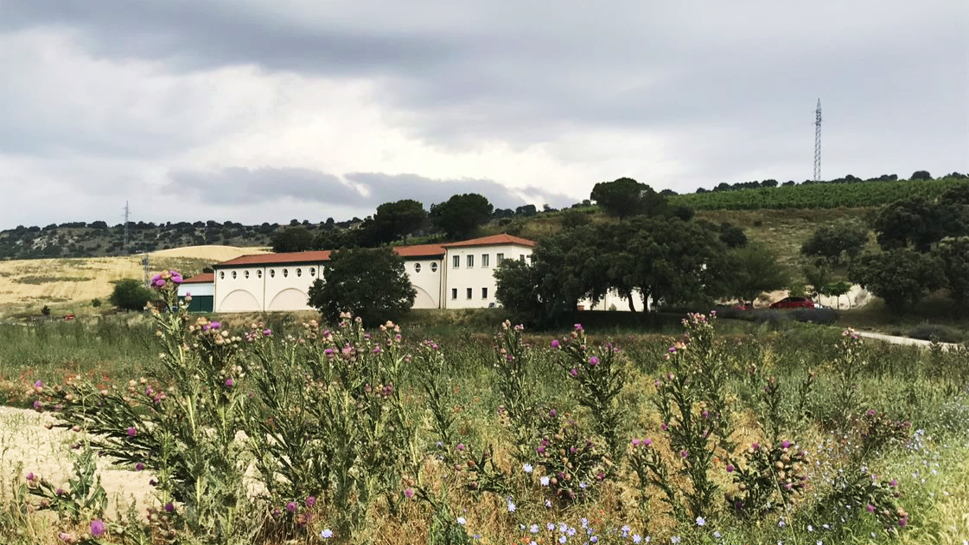

Quinta Sardonia was founded along the banks of the Duero River in the highlands of central Spain by a group of close friends who sought to make wines that represented the singular terroir of the region from a selection of native and international grape varietals.
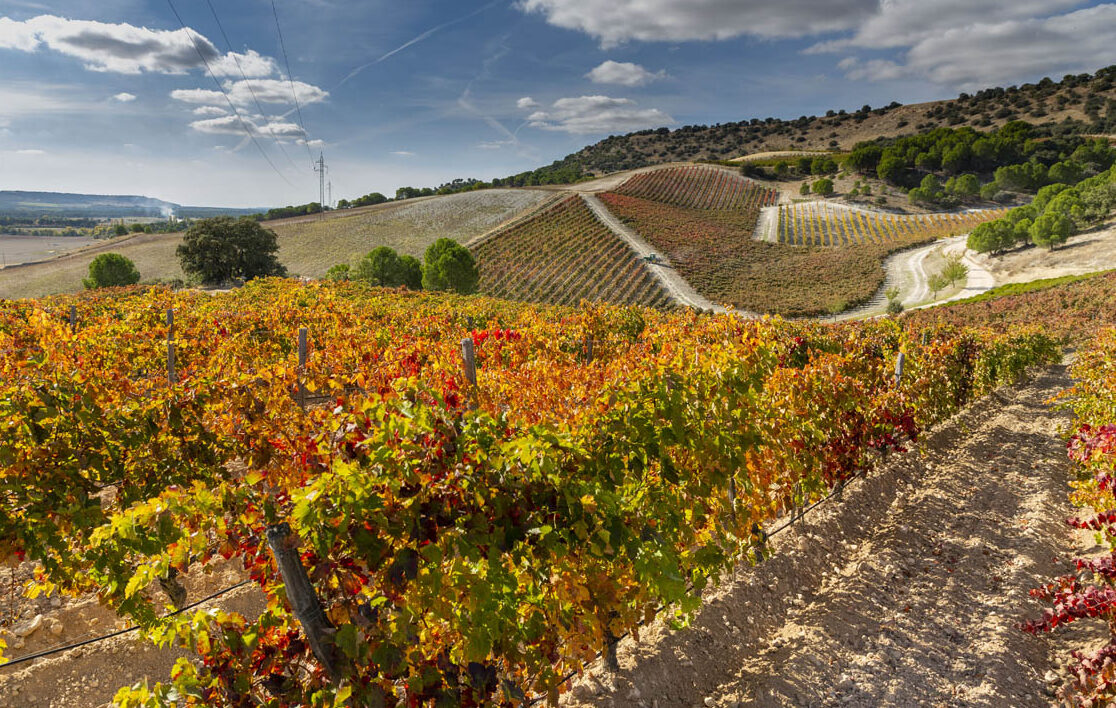
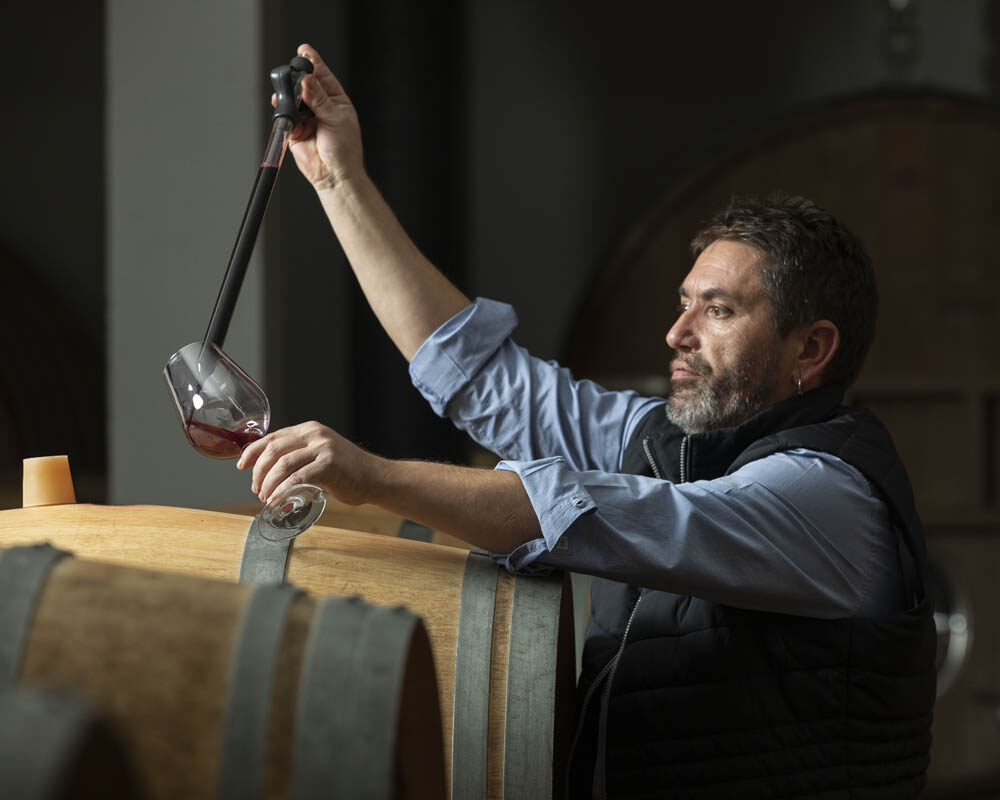
Hailing from Galicia where they run Bodegas Terras Gauda in the DO Rías Baixas, the Fonseca family also owns Quinta Sardonia in Castilla y Leon. Christian Rey, the estate’s current General Manager and Winemaker worked with Peter Sisseck for three years before being appointed Head of Production.
Christian Rey studied enology and honed his winemaking skills along the Atlantic coast of Spain, before joining the winemaking team of Quinta Sardonia in 2010. Christian enjoys spending most of his time in the vineyards and is passionately dedicated to biodynamic viticulture, vinification by to soil type using exclusively native yeasts and aging his wines in a variety of vessels (including concrete eggs, oak foudres & stainless steel tanks) in order to capture the ‘true essence’ of each and every variety. After several years of hard work Christian obtained EU organic certification on all wines produced at Quinta Sardonia in 2023.
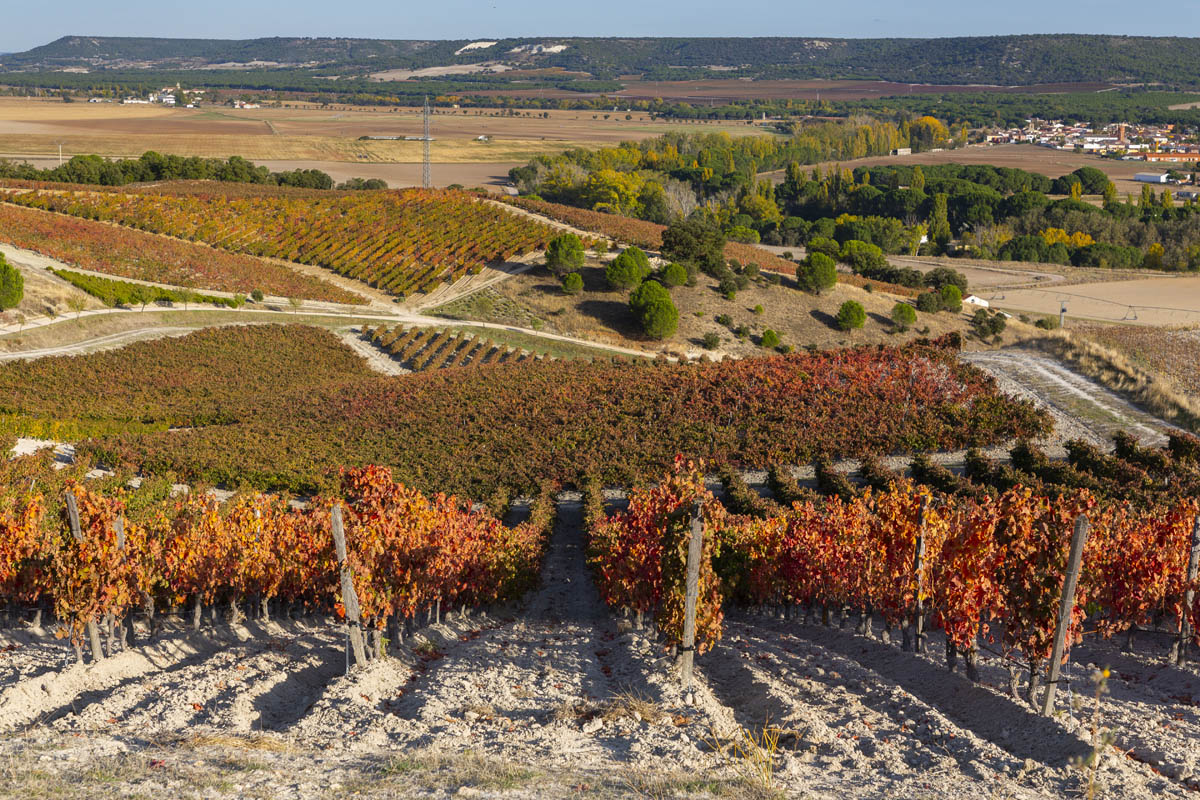
Winery
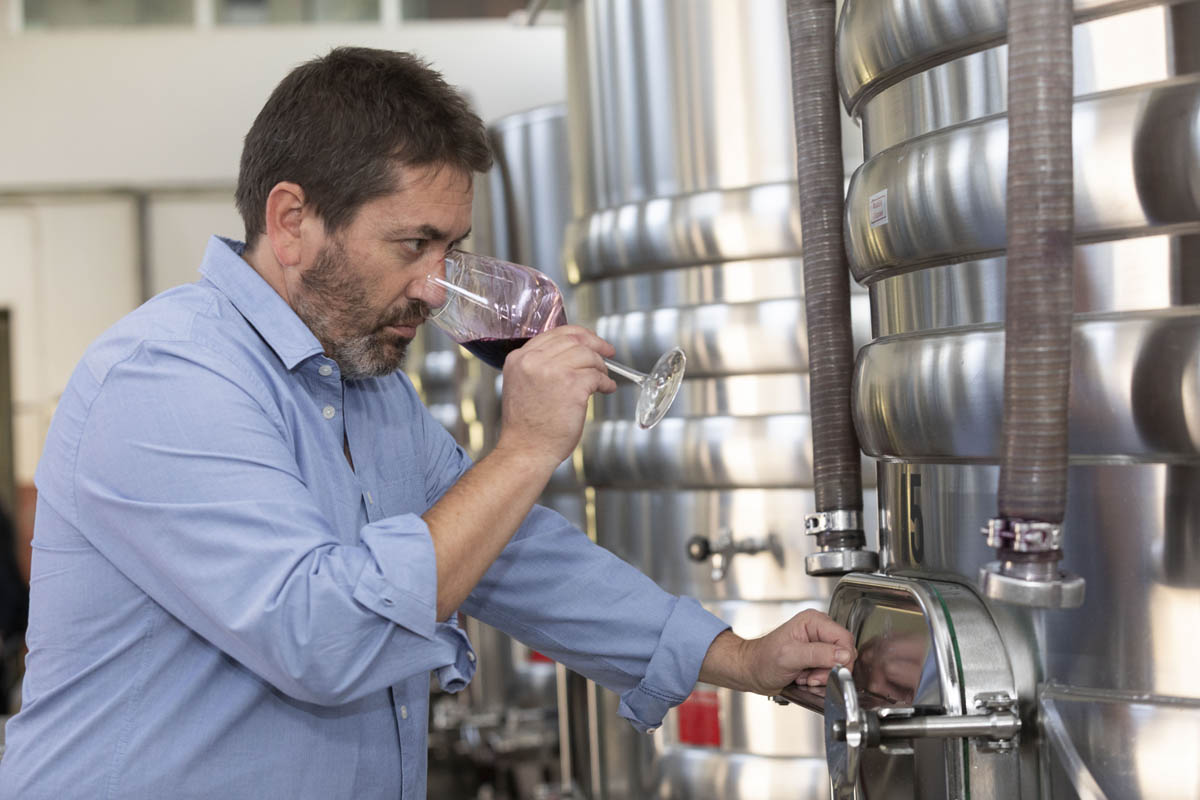
At Quinta Sardonia, all vines are hand-harvested and grapes are triple selected before vinification. Principally made from Spain’s most noteworthy red grape varietal, Tempranillo, the winery’s terroir-driven blends also include a small percentage of Cabernet Sauvignon, Merlot, Syrah, Cabernet Franc, Petit Verdot and/or Malbec, conveying the richness and complexity of the Duero River Valley. Each bottling is considered to be a ‘multi-terroir, multi-varietal’ masterpiece – highly rated and in a class of its own.
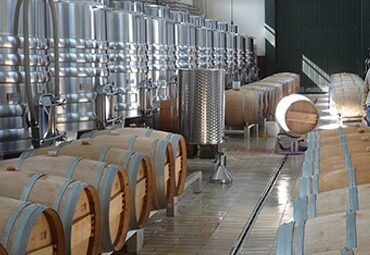
Sustainability
Quinta Sardonia’s primary objective with biodynamic farming is to preserve the health of their vines, soil and the surrounding environment – to integrate grape-growing into the natural ecosystem of the Duero River Valley.
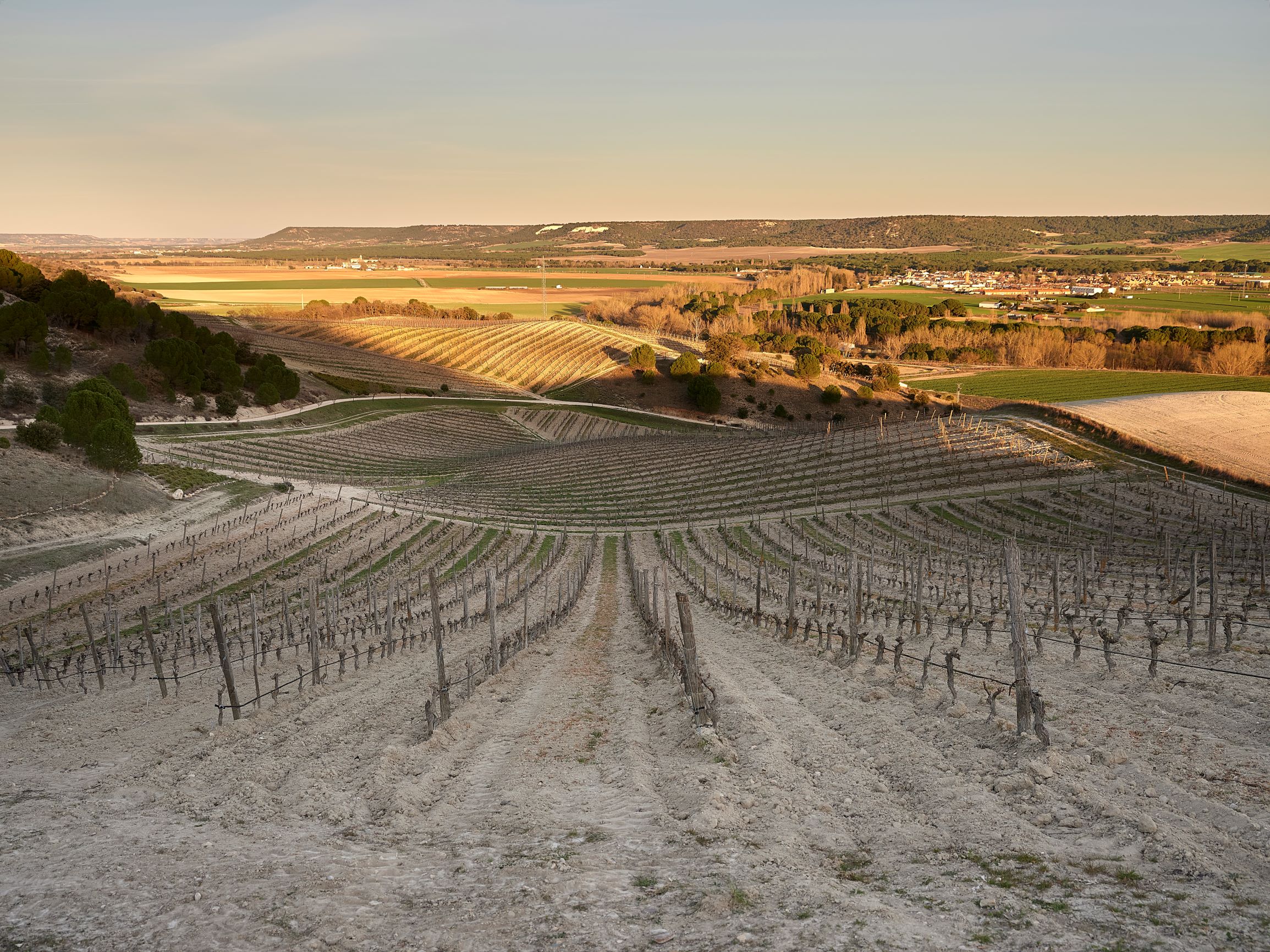
All estate-grown vines are farmed biodynamically using the following Demeter-certified treatments:
- Biodynamic compost is elevated and ‘revitalized’ using six Demeter-certified preparations including yarrow, chamomile, nettle, oak bark, dandelion and valerian (preparations #502, 503, 504, 505, 506, and 507).
- The estate also regularly implements two additional preparations sprayed over the soil and vines to increase vitality and health:
- Manure in horns (#500): Strengthens the soil’s vitality and enhances interactions between the soil and the vine. Cow manure is placed into empty horns and buried during winter months.
- Silica in horns (#501): Increases vine immunity, favors photosynthesis and improves grape maturation. Prepared with powdery quartz glass buried in cow’s horns during the summer months.
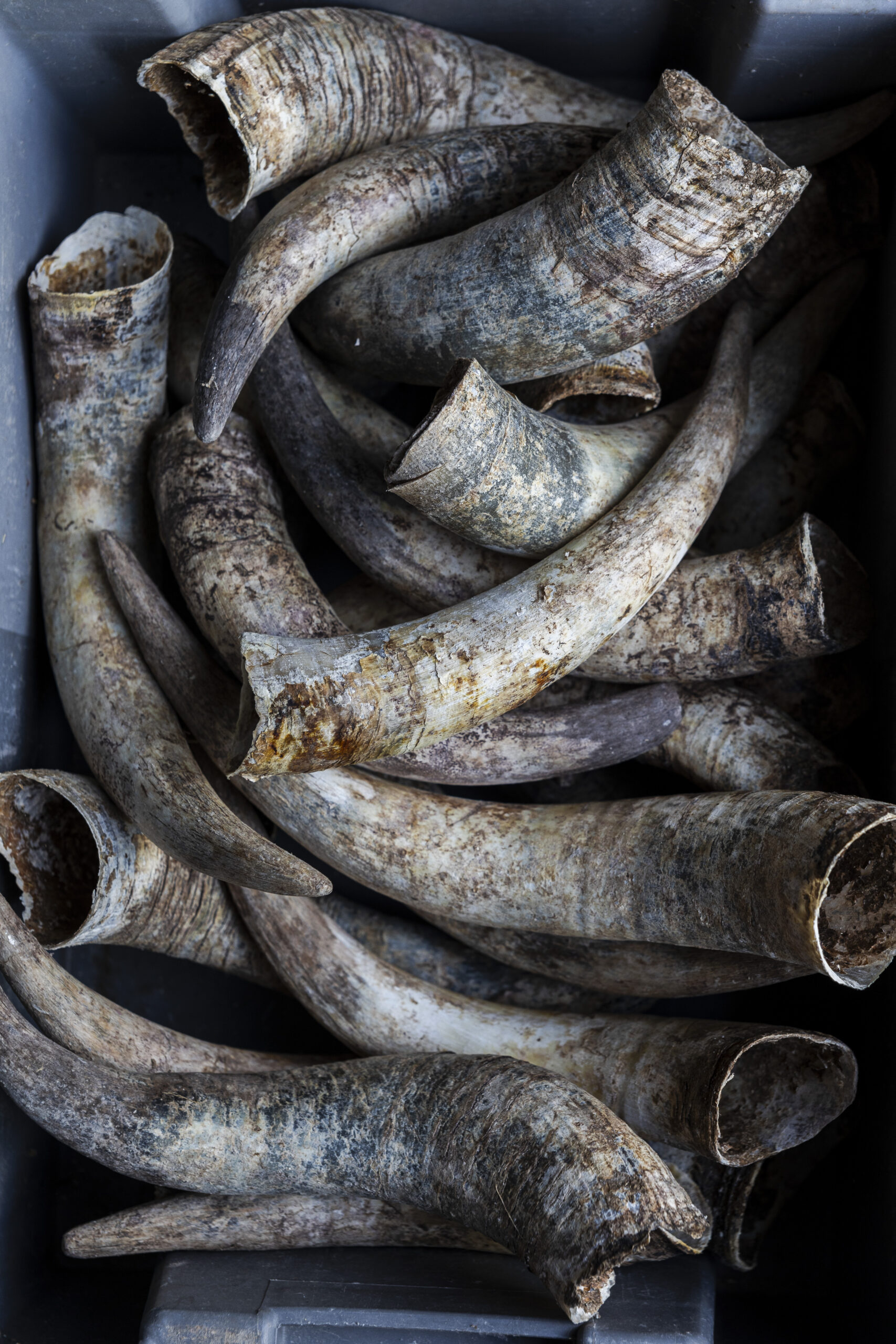
Winemaker Christian Rey also follows lunar cycles for his vineyard management, uses natural composts and herbal preparations instead of synthetic chemicals, and fosters biodiversity by maintaining cover crops and wildlife corridors throughout the vineyard. This holistic approach ensures the preservation of the land for generations to come.
Brand Assets
Experience Quinta Sardonia Wines. Visit Website


